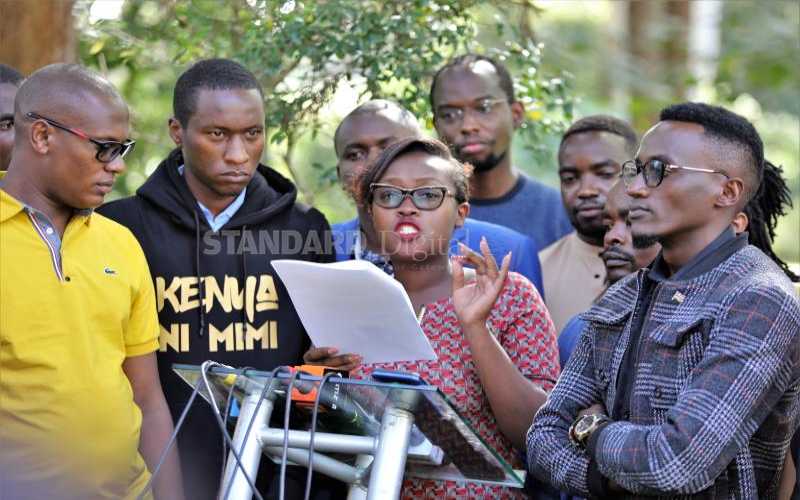×
The Standard e-Paper
Smart Minds Choose Us

Kenya’s leading politicians are burning the midnight oil in a bid to win the minds and souls of the youth, a critical mass in the country’s election campaigns.
The charm offensive by politicians is coming at a time when millions of youths have been rendered jobless by a weakening economy and now have had to resort to various odd means to eke out a living.